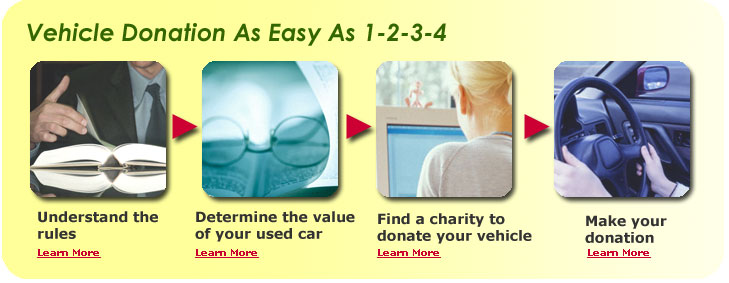The Basics of Vehicle Donation: Things to Know Before You Donate

Vehicle donation is a great way to get some cash for your car, truck, or RV while doing a good deed. The American Red Cross and other charitable organizations have vehicle donation programs that will pay you cash for your car, truck, or RV. The recipient may be a nonprofit organization or another car owner who needs a hand. It’s a win-win situation. The Red Cross may pay you up to $500 for your vehicle. The amount you receive will depend on a number of factors, such as the make and model of the vehicle, its condition, and whether you have a title for it. You may also be able to get a tax deduction for donating your car, truck, or RV. Here’s what you need to know about vehicle donation.
What is a vehicle donation?
When you donate your car, truck, or RV to a charitable organization, you get cash for your vehicle in exchange for the car, truck, or RV being tax-free, receiving no further payments, and being destroyed or recycled. The proceeds from the sale of your car, truck, or RV may also be tax-deductible.
How to donate your car, truck, or RV
Find a vehicle donation organization. Most cities and states have nonprofit organizations that accept donations, such as the American Red Cross. If your city or state doesn’t have a vehicle donation organization, check out the American Red Cross website to find a chapter near you.
Call the organization to make sure they will take your vehicle. You don’t want to donate your car, truck, or RV to an organization that says they take cars, but then turns you down.
Bring your car, truck, or RV to a location that will accept it. The location should be able to accept the make and model of your car, truck, or RV.
Donate your car, truck, or RV.
Steps to take before you donate your car
There are some legal aspects related to car donation. Gather all the necessary paperwork. Make sure you have the title to the car, proof of ownership (like a bill of sale), and the current registration. You should also take pictures of the car’s condition and attach them to the title paperwork. These will help the nonprofit organization assess the car’s condition and ensure it gets to the intended recipient.
Have the car appraised. The Red Cross will pay you based on the condition of the car, so it’s in your best interest to have an appraisal done. Make sure you get an appraisal for the current market value of the car, not its “book” value.
Visit a vehicle donation website
Most organizations you donate your car to require a donation receipt. You don't need to be tech-savvy to use a website or mobile app. You can use your vehicle donation website to track the progress of your car. The website should include the make, model, and year of the car, the date it was donated, and a brief description of the car.
Get an estimate of your car, truck, or RV’s value
It’s a good idea to get an estimate of the value of your car, truck, or RV before you donate it. You can find an online estimator here. You can also get an estimate from a third-party appraisal company. Make sure you get an appraisal for the market value of the car, not its “book” value.
Determining whether to donate your car, truck, or RV
Deciding whether to donate your car, truck, or RV is a personal decision. It’s up to you to decide whether the tax deduction is worth less than the equity you’ll get from the sale of the vehicle. The Red Cross will only pay you if the car, truck, or RV is in “generous” condition. The National Auto Charity Bureau lists the following as being in “generous” condition: Your car, truck, or RV can’t be a safety hazard on the road. It must run and drive. It can’t have major mechanical issues, such as no brakes, or it’s inoperable.
Summing up
There are both fiancial and legal considerations for donating your car. When you donate your car, truck, or RV to a charitable organization, you can get cash for your vehicle and do a good deed at the same time. The American Red Cross and other charitable organizations have vehicle donation programs that will pay you cash for your car, truck, or RV. The recipient may be a nonprofit organization or another car owner who needs a hand. It’s a win-win situation.